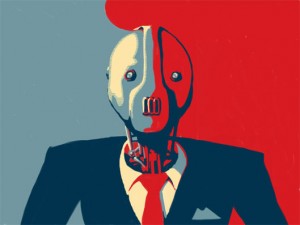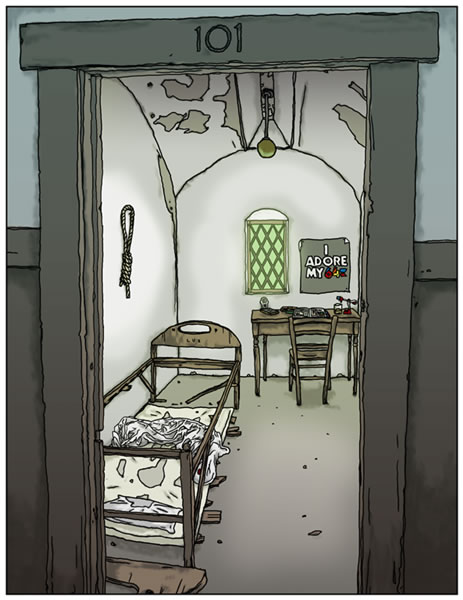Following in the tradition of behind-the-scenes posts like The Making of Idiot’s Mask, I invite you now to take a look at the genesis of my most recent serialization effort, Bobo, in which I will share my originating ideas, my thoughts on the themes in the story, and even some “deleted scenes” that didn’t end up in the final novella.
Also: Bobo is available right now in every e-book flavour under the sun, including but not limited to Kindle and Nook or Kobo or iOS or Sony and Palm, and even as a good old fashioned PDF. ($3)





